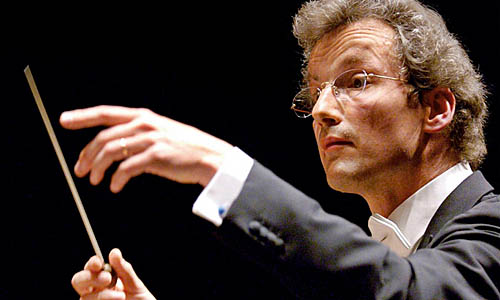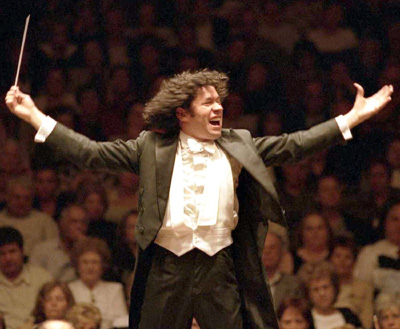If you opened the last link in my previous blog entry, then you have most likely explored the new South Korean “bagel girl” concept, with its oxymoronic innocent/voluptuous dichotomy, for all that it’s worth – which may not be much, unless you’re a plastic surgeon. But in case you didn’t click, and because this blog is – as much as anything else – about how we (I) experience unexpected, time- and space-transcending connections through music(s), here’s a crash course to the tune of “How Dare You,” a late 2010 K-pop hit by the 4-girl group Sistar. First, the version sung in her audition for the group by Soyu, who on December 21, 2010 achieved bagel girl status by popular internet acclamation. Listen/watch here. Now hear/see Sistar’s version, with their official music video, here. You’ll notice that the Bulgarian fan who posted it has added Bulgarian subtitles to the entire song, attesting to significant local interest in the current Korean pop culture scene.
Classical music is also alive and well in Korea, as 10 Magazine reports:
Classical music may not be the first thing that comes to mind about Korea, but connoisseurs of the genre will find more than enough concerts to keep them entertained while in the country. And while Korea has plenty of home-grown talent, there are also regular visits from well-known composers, artists, and even entire orchestras [...]
Of course you can find plenty of “home-grown” Korean talent on concert stages around the world. For example, one of the many orchestras active in the Austrian capital is the Vienna Korean Philharmonic. The concertmaster of this ensemble is Yoo Hui Seung, a Ph.D student at the University of Music and Performing Arts, Vienna, where she studies with Professor Rainer Küchl. And if you watched this year’s New Year’s Concert of the Vienna Philharmonic, then you’ve seen Prof. Küchl: he’s the VPO’s senior concertmaster.
Watching this concert at noon each January 1 is not just a tradition in Bulgaria, at least among classical music fans: it’s a source of national pride. How so, you ask? Just look at who was sitting next to Küchl this year:
She’s Albena Danailova, the newest addition to the VPO/Vienna State Opera’s team of concertmasters, and she’s ‘ot nashata mahala’ ("from our neighborhood"). The Bulgarian TV commentator wasted no time before pointing this out, adding that Danailova is now a tenured member of the organization (though not yet of the Philharmonic society – it’s complicated). If you’re aware of the VPO’s reputation as the world’s most staunchly chauvinistic orchestra , even after ending its “males-only” membership policy in 1997, then you realize what a huge deal it is for the orchestra to choose a woman for this top position in the first place, let alone confirm her in that position. Interestingly, the VPO has also had several other Bulgarian string players in the violin and viola sections in recent years – and they’ve also been women. So watching this concert in Sofia has taken on new significance – it’s also about the progress toward equality in the global (or at least EU) workplace, with ‘nashite momicheta’ (local ladies) leading the march (or waltz, as the case may be).
Here’s one of my favorite selections from the VPO’s January 2, 2011 program, conducted by Vienna State Opera music director and Vienna native (also a big deal, at least for the Viennese!) Franz Welser-Möst (the 50-year-old maestro is also the Cleveland Orchestra’s music director, but that’s another story). Gypsy Dance from The Pearl of Iberia by Joseph Hellmesberger the younger – another Viennese musician – sounded a little lightweight next to the works of the Johann Strausses, Lanner, and Franz Liszt’s Mephisto Waltz No. 1, but it was a refreshing novelty on the program and the orchestra obviously had great fun with it! Enjoy the video here.
The Berlin Philharmonic’s New Year’s concert, internationally broadcast from Berlin on the evening of Dec. 31, also sparkled with good cheer. The freedom and energy of the playing, as well as the angular modernism of the interior of the Philharmonie concert hall, contrasted with the more straitlaced style of the VPO and the gold-and-roses decoration of the Muzikverein. The phenomenal just-shy-of-30 Venezuelan conductor Gustavo Dudamel (the new LA Philharmonic music director and upcoming guest on the Jay Leno Show) led the orchestra in a program in the Spanish style featuring excerpts from Bizet’s Carmen and works by Manuel de Falla, including this Spanish Dance from his 1913 opera La viva breve.



Thanks. I'm glad I took the time to listen to the music and view the videos in this post and the previous one.
ReplyDelete